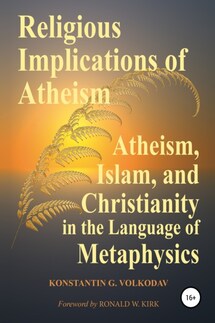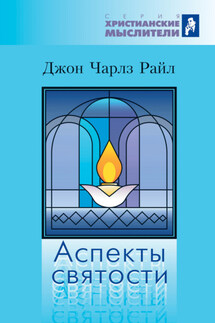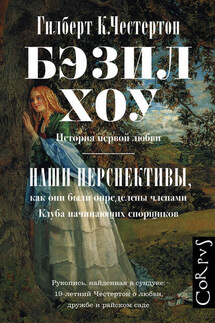Religious Implications of Atheism - страница 9
Comment 9
Here the style of speech is not at all decent for a scientist. There is a kind of discussion ethic in academia. If the interlocutor thinks about the opponent’s statement that “this is complete nonsense,” then the most rude thing that can be said aloud is “I don’t understand you”.
In fact, it is completely inappropriate to compare religion and natural sciences, although this is often done. If you compare religion with anything, then you need to take examples from the sphere of art or human relationships. It would be rather silly to come to a museum and start criticizing the masterpieces of art in terms of probability, causality, the laws of mathematics and physics. And nobody does that. How to prove beauty, can it be scientifically falsified? Beauty and love, cannot be proven or recognized as scientific, but from this they do not lose their value. Beauty and love occupy an important place in human life. The same can be said for religion.
[00:34:30] Krauss: Let me just first begin with the fact that the premix of this debate is, in some sense, inappropriate . . . First of all, it is suggest that Islam is something special. It is not! It is not special at all. It is one of a thousand religions, or more, that have existed since the dawn, which claim divine revelation. All of which claim perfection, proclaim infinite knowledge, uniqueness, beauty et cetera. So Islam is just a religion like any other religion. And there is no difference. It proclaims just as Rig Veda . . . ancient Egyptians, that the universe had a beginning. Nothing special . . . Okay . . . Islam one of a thousand religions. All of which make same claims.
Comment 10
Even within the same religion, there can be different trends and significant differences of opinion. For example, Catholics, Protestants and Orthodox in Christianity, Sunnis and Shiites in Islam. Even about these confessions within one religion, one cannot say, “It’s the same everywhere. Nothing special.”
It is completely incomprehensible how, from the fact that there are a thousand religions in the world, it can be concluded that there is not a single unique one among them? For example, there are millions of paintings in the world. However plots, maybe only a few dozen. Does it follow from this that among the hundreds of thousands of paintings with a similar plot, there is not a single unique one? Why does one sell for two dollars and the other for a hundred million? In addition, it is sometimes difficult for a nonprofessional to distinguish a fake from the work of a genius. The nonprofessional will say, “In one picture, a fruit, and in another picture, the same fruit—the same thing, nothing special.” The expert will say, “One picture is a simple consumer goods, and the other is a unique masterpiece.”
Therefore, those people who have not yet grown to understand it may simply not notice the value and uniqueness of something. For example, paintings by the French artist Camille Pissarro sold very poorly during his lifetime. One day they paid for his painting with just one cake. During the Franco-Prussian war, soldiers lodged in his house (in his absence). They used canvases instead of aprons, laid them on the floor, and threw them in the trash heap. About one and a half thousand paintings were damaged. Now paintings by Camille Pissarro cost hundreds of thousands of dollars! It is impossible to assess anything adequately until the very criteria by which they are judged are inadequate. It makes no sense to throw pearls in front of pigs, for them it is no more valuable than sand.






